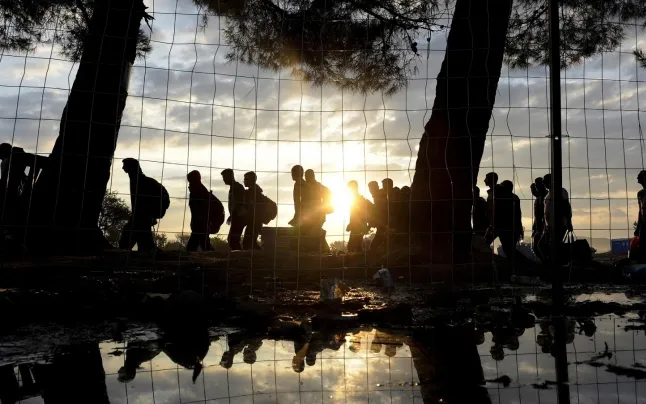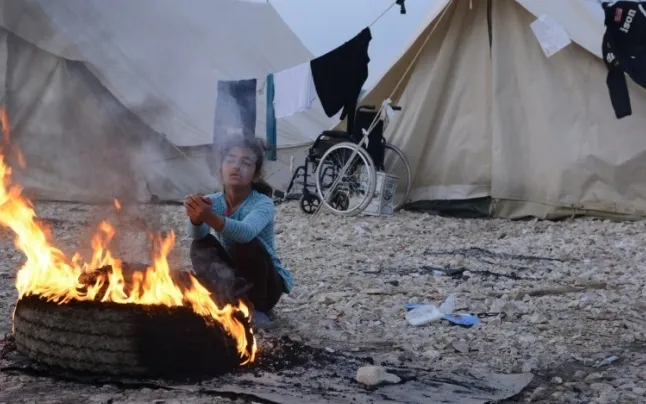The Catalan Institute of Human Rights considers “outrageous” Greece’s abolition of the right to asylum
David Bondia, president of the Catalan Institute of Human Rights says that the Geneva Convention is designed for extremely risky situations to human life, hence its suppression does not make any sense.
A new migration crisis is taking place on the border between Greece and Turkey. While theTurkish government is encouraging refugees to cross by opening their border in revenge for the deadly attack on their troops in Syria, Greece is preventing them from crossing after abolishing the right to asylum. Once more, migrants are used as part of a political struggle in which only people lose.
Over the last few days, images of the Greek army prohibiting the entry to thousands of migrants from Turkey have spread like wildfire. A shameful situation that has already resulted in the first deaths: a child drowned in front of the island of Lesbos when the boat he was travelling on overturned, and a man shot dead while attempting to cross the land border of the Evros River.
David Bondia, president of the Catalan Institute of Human Rights (ICDH, from its Catalan initials), believes that Greece’s abolition of the right to asylum “is outrageous”. “The Geneva Convention and the Status of Refugees are designed for extremely risky situations to human life, hence its suppression does not make any sense”, says Bondia. It is a decision that “undermines the principle of human dignity”, he assures.
“Greece still believes that the right to asylum is a privilege and it abolishes it as it pleases”, says Bondia. ICDH considers the right to asylum as a human right, “and you cannot suspend a human right”, he explains.
“The failure of the European project on human rights”
Bondia thinks that this situation is the consequence of different circumstances. “The fact of talking about refugees like quotas implies this, if it is a human right, it is for everyone”, Bondia points out, “we have fallen into the trap of talking about quotas and thus, altering the right of asylum”.
Bondia says that one of the problems is to consider Turkey as a safe country: “they have used refugees as a bargaining chip when Europe has not answered their claims”.
Rejection of violence
The citizen platform Stop Mare Mortum has published a press release supported by over sixty organizations rejecting the violence on the border between Greece and Turkey. They also organized a ‘casserolada’ (a pot-banging protest) under the motto “Human Rights are not to be stepped on”, last March the 3rd in front of the European Commission’s Delegation in Barcelona.
Stop Mare Mortum condemns that there are no legal and safe ways to access the European territory and international protection, that European states base their migration policy on the externalization and securitization of borders, violating, if necessary, human rights. Besides, the values upon the European project was born, such as the defence of human rights over discrimination and racism, are being questioned at the same heart of the European institutions.
In the same press release, the platform asks for several measures: the immediate cancellation of the abolition of the Geneva Convention’s application in Greece, the end of express deportations in Greece and also in Spain, the opening of legal and safe ways to access the European territory, such as the implementation of the relocation system and migration policies based on human rights, the defence of the right to life and the prevalence of human safety.
Europe under pressure
Furthermore, the UNHCR, the UN Refugee Agency, has issued a statement requesting to de-escalate the situation on the border between Turkey and the European Union and announcing that states must abstain from using excessive or disproportionate force. “They must keep systems to manage asylum applications in an orderly manner”, they said.
The organization also condemns the attacks not only on migrants and refugees but also on journalists and NGO aid workers.
As of mid-February, 6,130 migrants had arrived in Greece. The authorities in Lesbos requested the Greek government to send four boats to get 5,000 people off the island immediately.









Add new comment